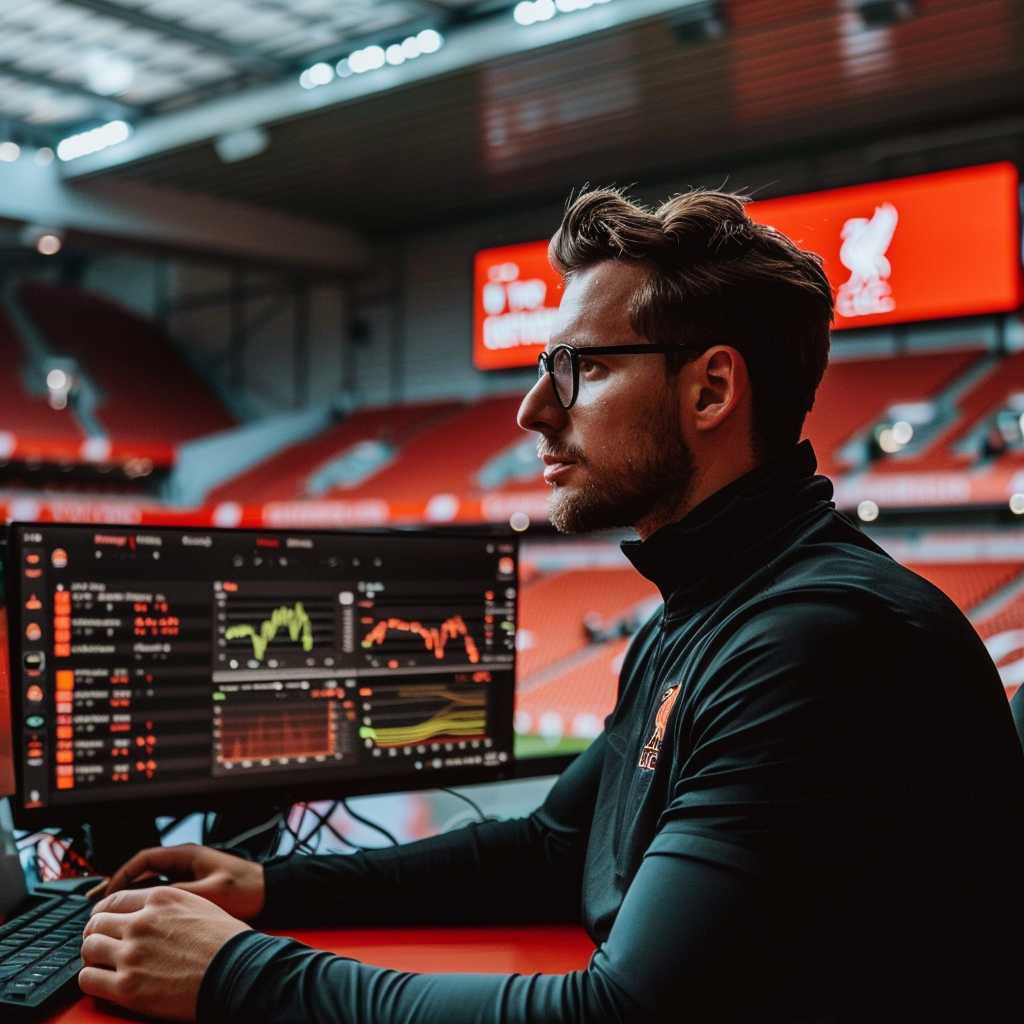The Legacy and Impact of Michael Edwards, the Former Liverpool FC Sporting Director
Michael Edwards garnered significant attention in the world of football for his role in transforming Liverpool Football Club into a global powerhouse during his tenure as the club’s sporting director. After stepping down from the role in the summer of 2022, Edwards’ legacy at Anfield remains a blueprint for modern football management, demonstrating how data-driven insight, calculated risk-taking, and proficient negotiation can pave the way to success in a competitive sport landscape. This article delves into Edwards’ methods, achievements, and lasting influence on Liverpool Football Club and beyond.
Early Career and Move to Liverpool
Michael Edwards began his career in football with a post at Portsmouth, where he worked on performance analysis. He moved on to Tottenham Hotspur before eventually joining Liverpool FC in November 2011 as head of analytics. His analytical approach was already evident, using data to inform decisions on player performance and recruitment. A sharp mind for progressive football ideas manifested early in his subsequent promotions within the club’s backroom staff.
In 2016, upon the departure of Damien Comolli, Edwards was appointed as Liverpool’s sporting director—a role that sees a professional specialize in overseeing various aspects of the football side of a club. At that point, his influence on club recruitment strategy, philosophy, and long-term vision quickly became perceivable.
Architecting a Winning Squad
Under Edwards’ stewardship, Liverpool was meticulous in its approach to scouting and acquiring talent. The recruitment team would primarily target players capable of developing under manager Jürgen Klopp’s high-pressing gameplay style. Notably attentive to players’ statistical performances and potential impact, Edwards made some now-legendary signings that would change the fortunes of the club.
Two acquisitions stand out during Edwards’ era: Virgil van Dijk from Southampton and goalkeeper Alisson Becker from AS Roma. Both transfers broke records for their respective positions at the time—in terms of transfer fees—and raised eyebrows due to the sums involved. However, these players proved instrumental in solidifying Liverpool’s defense, leading to significant success domestically and internationally.
Oddly enough, alongside marquee signatures activity in the market also focused on savvy sales under Edwards’ purview. Players not central to Klopp’s plans were moved on for impressive fees—a testament to Edwards’ negotiation skills. Such transactions allowed for reinvestment back into the squad, maintaining a healthy financial position for Liverpool FC while improving on-field performance.
A Data-Driven Mastermind
Throughout his proceedings at Liverpool FC, Michael Edwards became renowned for leaning heavily toward analytics and performance statistics to guide decision-making processes. This data-driven approach was essential for identifying undervalued players in the market who possessed untapped potential—a strategy that subsequently turned Liverpool into a breeding ground for developing top-tier talent.
Edwards and his team would pour over performance stats, position-specific metrics, player potential indices, as well as character assessments—whereby ensuring all incoming players not only fit Liverpool tactically but culturally as well. By forming strong relationships with managers and analysts alike, he helped foster an environment where comprehensive collective input was highly valued.
Handing Over the Reins
In November 2021, Edwards announced he would step down as sporting director at the end of his contract concluding in 2022. While his decision sent ripples across the football community due to its unexpected nature at a peak time of success for Liverpool FC, he cited motives related to seeking new challenges after a decade at the club.
Julian Ward was heir apparent and assistant to Edwards leading up to this transition phase—deemed relatively seamless due to Ward’s ingrained understanding of club methodologies imparted by his predecessor.
Notes
Image Description: An image ideal for this article would show Michael Edwards strategizing during a match or reviewing player data on a computer screen set against the backdrop of Anfield stadium or a detailed scouting report featuring football analytics. Another compelling choice could depict successful signings like Virgil van Dijk or Alisson Becker juxtaposed with Edwards to highlight his role in their acquisitions.
